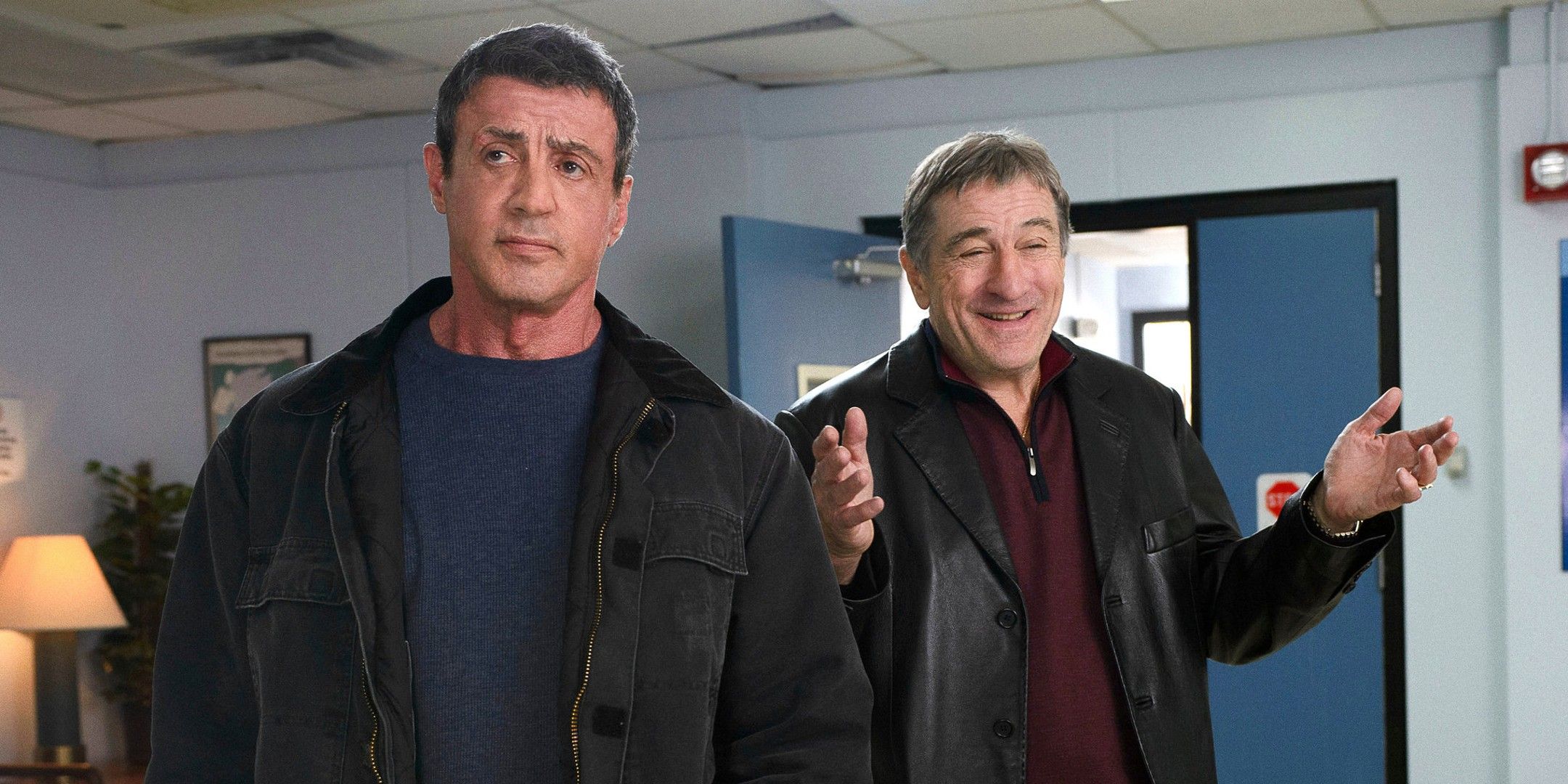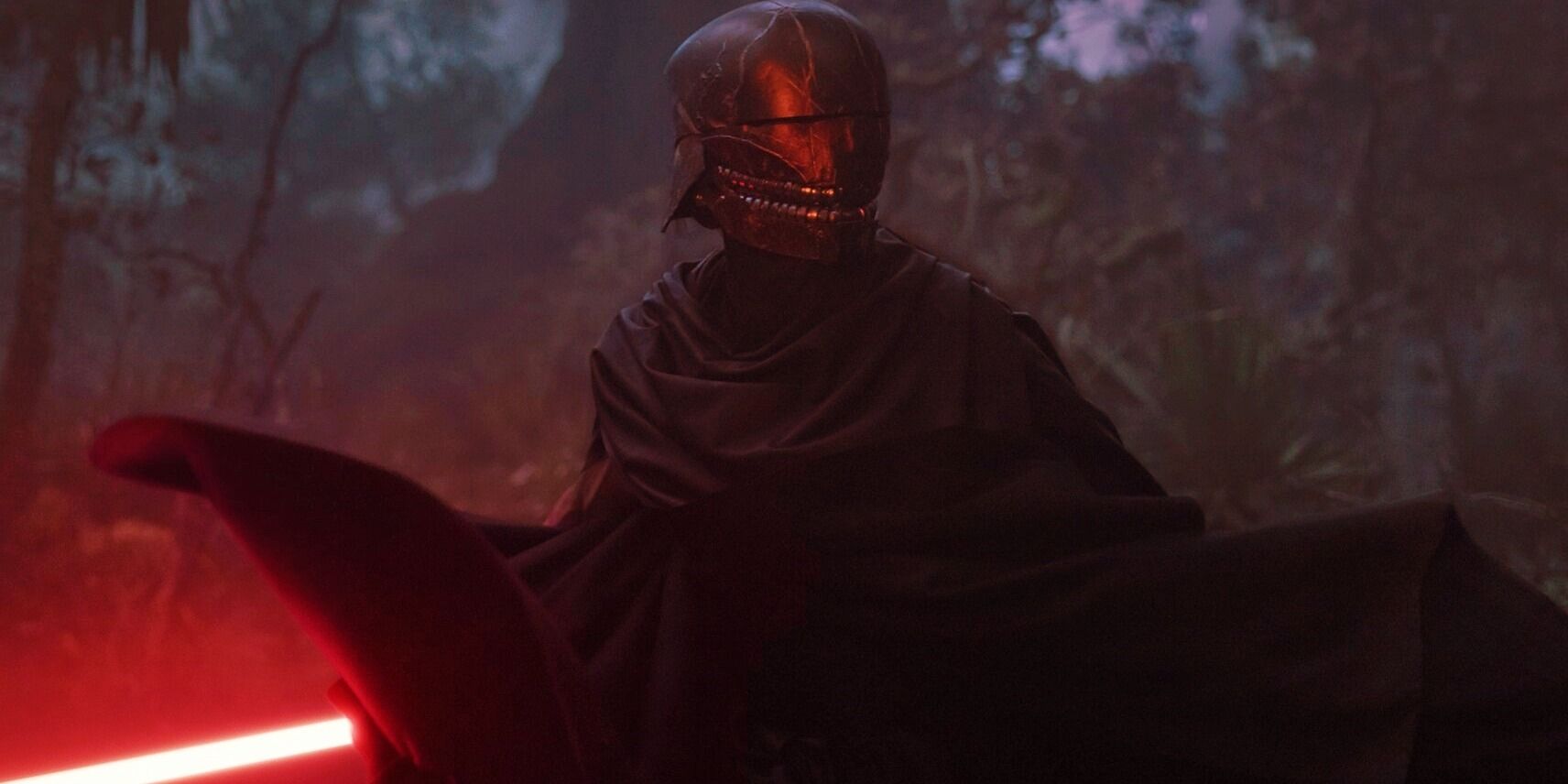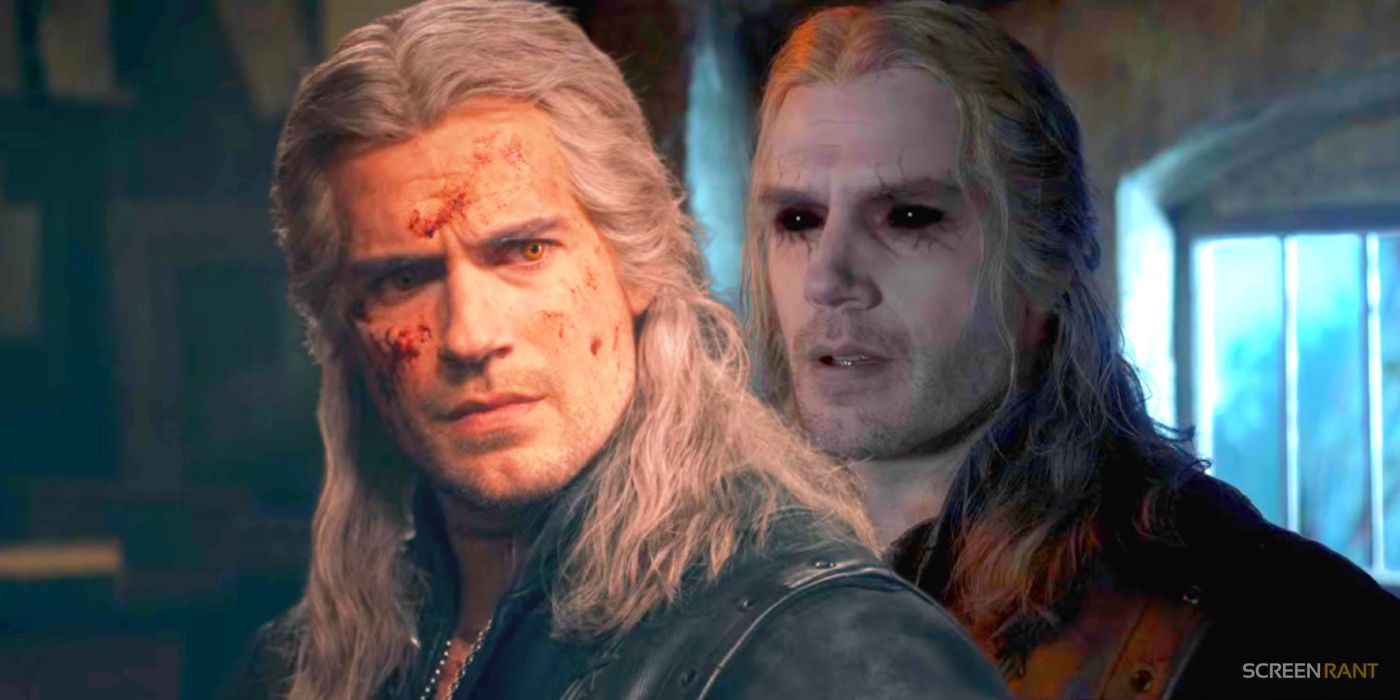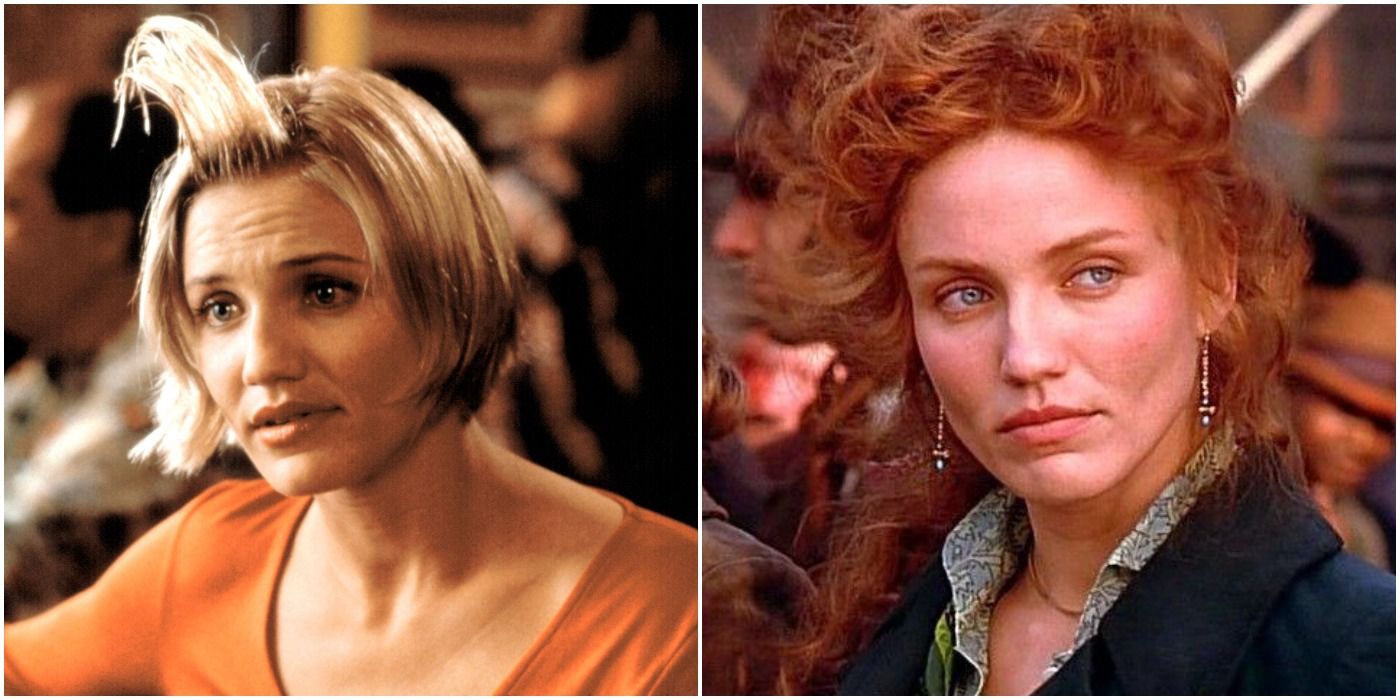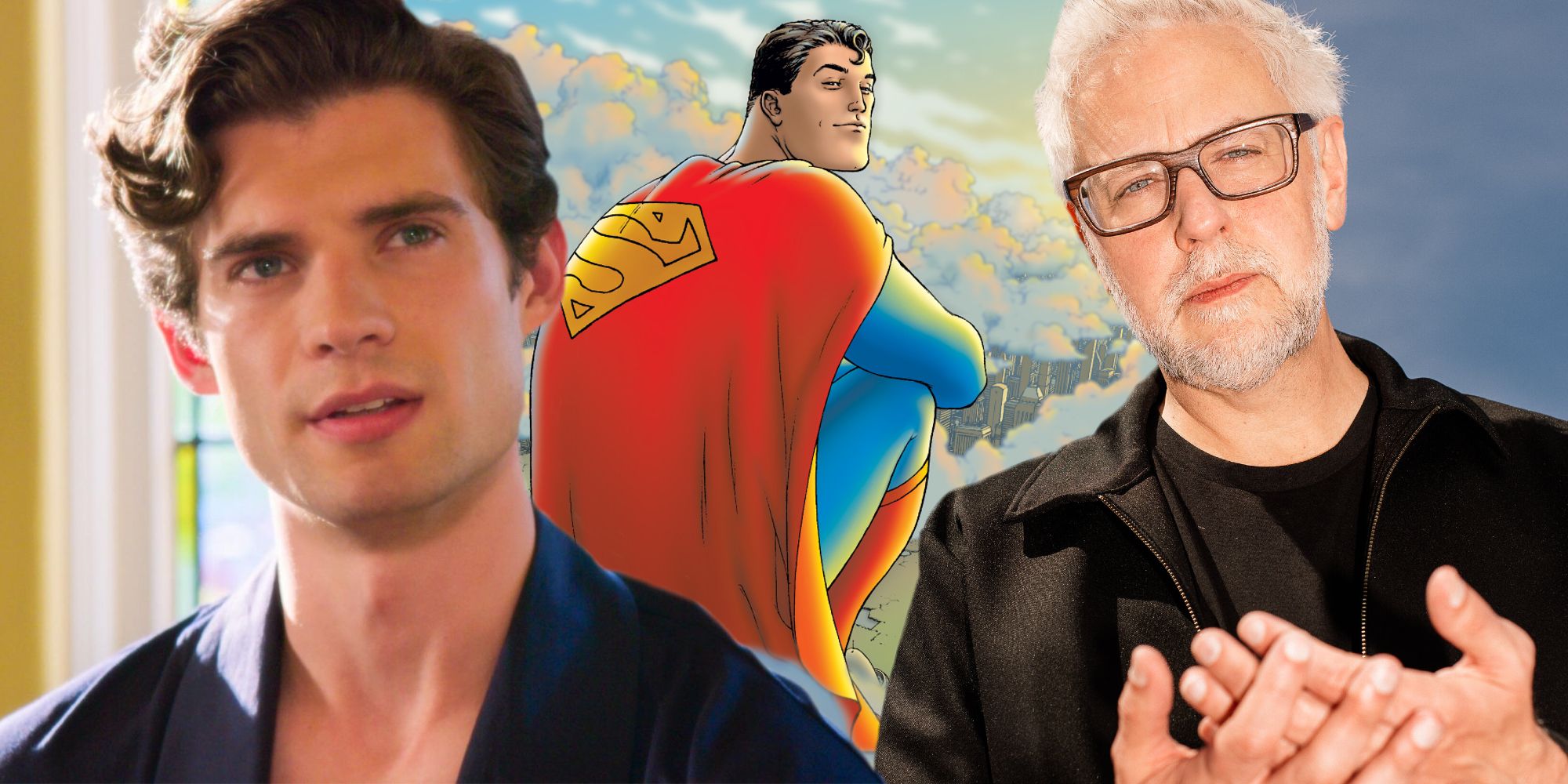The approach to serial killers in season 1 of Netflix’s Mindhunter was somewhat different than what’s been seen before in popular culture. That’s saying a lot, given that David Fincher, the acclaimed filmmaker whose oeuvre includes a number of memorable and influential films revolving around serial killers, like Seven, Zodiac, and The Girl With the Dragon Tattoo. Yet Mindhunter, which is inspired by the investigations and writings of John Douglas and Mark Olshaker, wasn’t as taken with the actual hunting of psychopathic killers as most films and television shows covering the subject have been. Instead, the series took an almost clinical approach to the aftermath of these horrific crimes, dramatizing the search by law enforcement to understand, better respond to, and perhaps one day predict the seemingly inscrutable deviant behaviors of serial killers.
In doing so, Mindhunter established an appealing scenario in which FBI agents Holden Ford (Jonathan Groff) and Bill Tench (Holt McCallany) would travel the U.S. speaking to notorious serial murderers, while also occasionally putting their particular not-for-the-squeamish insight to more practical use. What made the series stand out, however, aside from its high production values and the obvious stylistic influences of Fincher, was in how it delivered a police procedural where the procedure in question was not only in its infancy, but it could only happen after a certain amount of time had passed from when the crime in question occurred.
Though the series is understandably concerned with serial killer, spree killers, and abhorrent behavior that causes one human being to take the life of another, it’s not really about serial killers. Instead, Mindhunter is more interested in the investigators and the lengths they go to comprehend and in some cases empathize with the perpetrators of some heinous and violent crimes. And while season 1 was primarily concerned with the nuts and bolts of the FBI’s Behavioral Science Unit (BSU), and how a program like the one undertaken by Ford and Tench would come about — not to mention the pushback it faced from old-school bureaucrats like Unit Chief Shepard (Cotter Smith) — it also painted a fascinating picture of the unequal work-life balance of the agents in question. Throw in Dr. Wendy Carr (Anna Torv), and Mindhunter was populated with a rich ensemble of characters, some of whom were just as engaging as the killers waxing philosophical about their “work.”
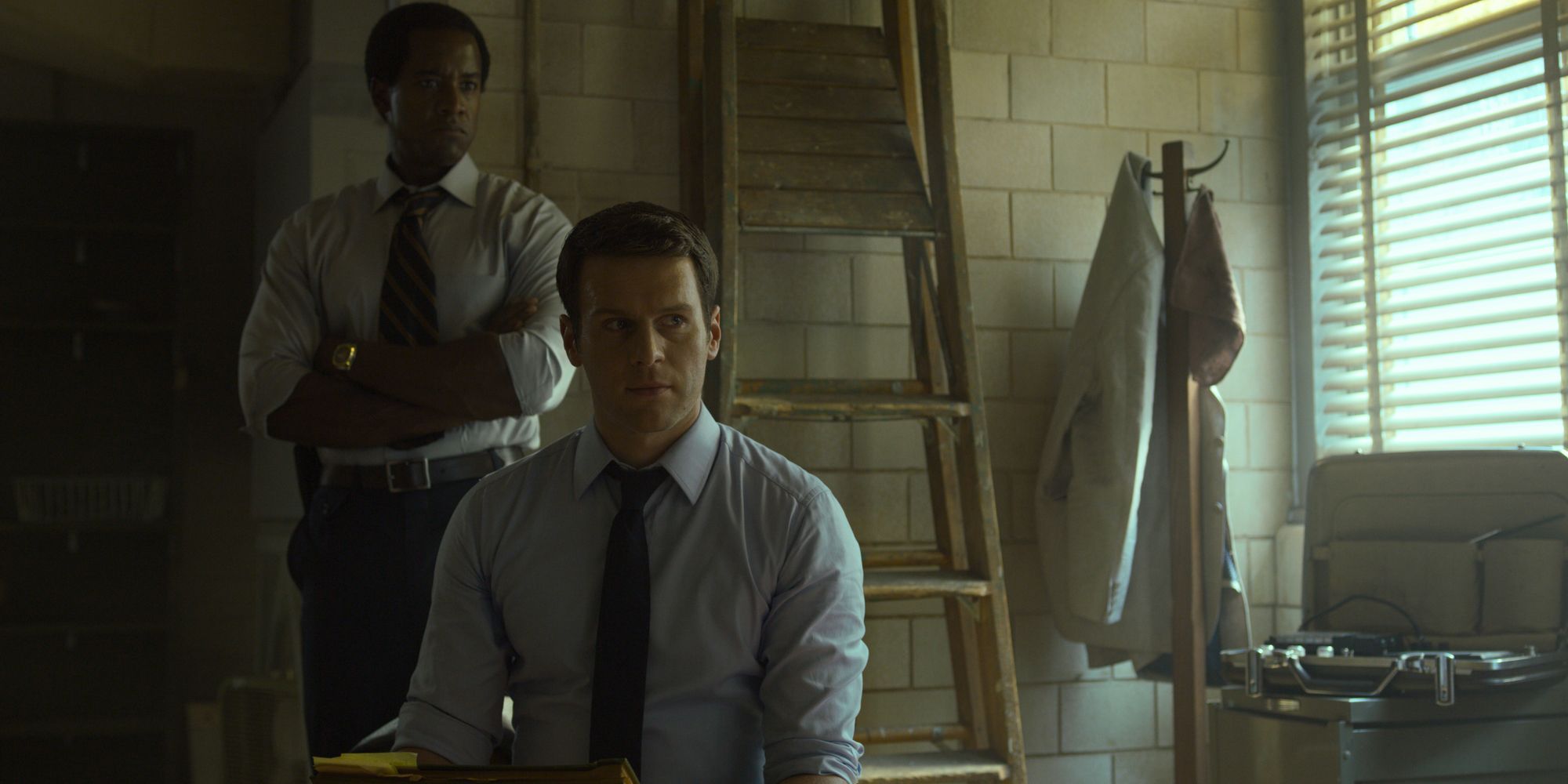
It’s fitting, then, that season 2 would find itself much more invested in the personal lives of its three main characters, going so far as to actively pull Ford, Tench, or Carr away from the job at hand in order to deal with matters in their increasingly complicated affairs away from the Bureau. Surprisingly, this results in a season of television that is at times more disturbing, as it becomes clear just how difficult it can be to escape the realities of what they’re investigating. The series made as much clear in the season 1 finale, which saw Holden beset with a panic attack after Ed ‘The Co-Ed Killer’ Kemper (Cameron Britten) hugged him, implying — rightly or wrongly — a deeper connection between the two. As it turns out, that’s the perfect starting point for season 2, which picks up almost immediately after Ford collapsed.
Fincher directed the first three episode of the new season and he re-establishes a familiar formula of a pre-credits sequence that’s of significant distance from what the episode is dealing with in particular. Again, it seems as though Mindhunter is building toward an active investigation into the BTK Killer. In keeping with the more personal nature of the second season, the series takes the audience into the home of the Dennis Rader (Sonny Valicenti), as his abnormal behavior begins to bleed into and upset his otherwise ordinary domestic routine. It’s an effective opening sequence, despite the fact that the audience only knows Rader as an ADT serviceman, though his crimes and push for notoriety have nonetheless put him on the FBI’s radar. As unsettling as seeing Rader’s wife walk in on him while he’s pursuing a very particular kink, it explicitly sets the tone for season 2, ostensibly promising the viewer an unfiltered look into the lives of its characters.
It’s a monumental task, given that Mindhunter season 2 also has designs on the Atlanta Child Murders and pointing out the racial, social, and economic divides that hampered that investigation from the beginning. Fincher is joined by directors Andrew Dominik and Carl Franklin this season, and the two are keenly attuned to the somewhat altered orientation, though they’re still putting to use the tools established in season 1. Primarily that comes from the interoffice conflict and how it can seem as though Ford, Tench, and Carr are working at cross purposes. This mainly manifests itself through Holden’s tendency to drive straight at his objective, and the degree to which his much-vaunted intuition — a favorite of his new boss played by Fringe’s Michael Cerveris — can lead to breakthroughs or breakdowns.
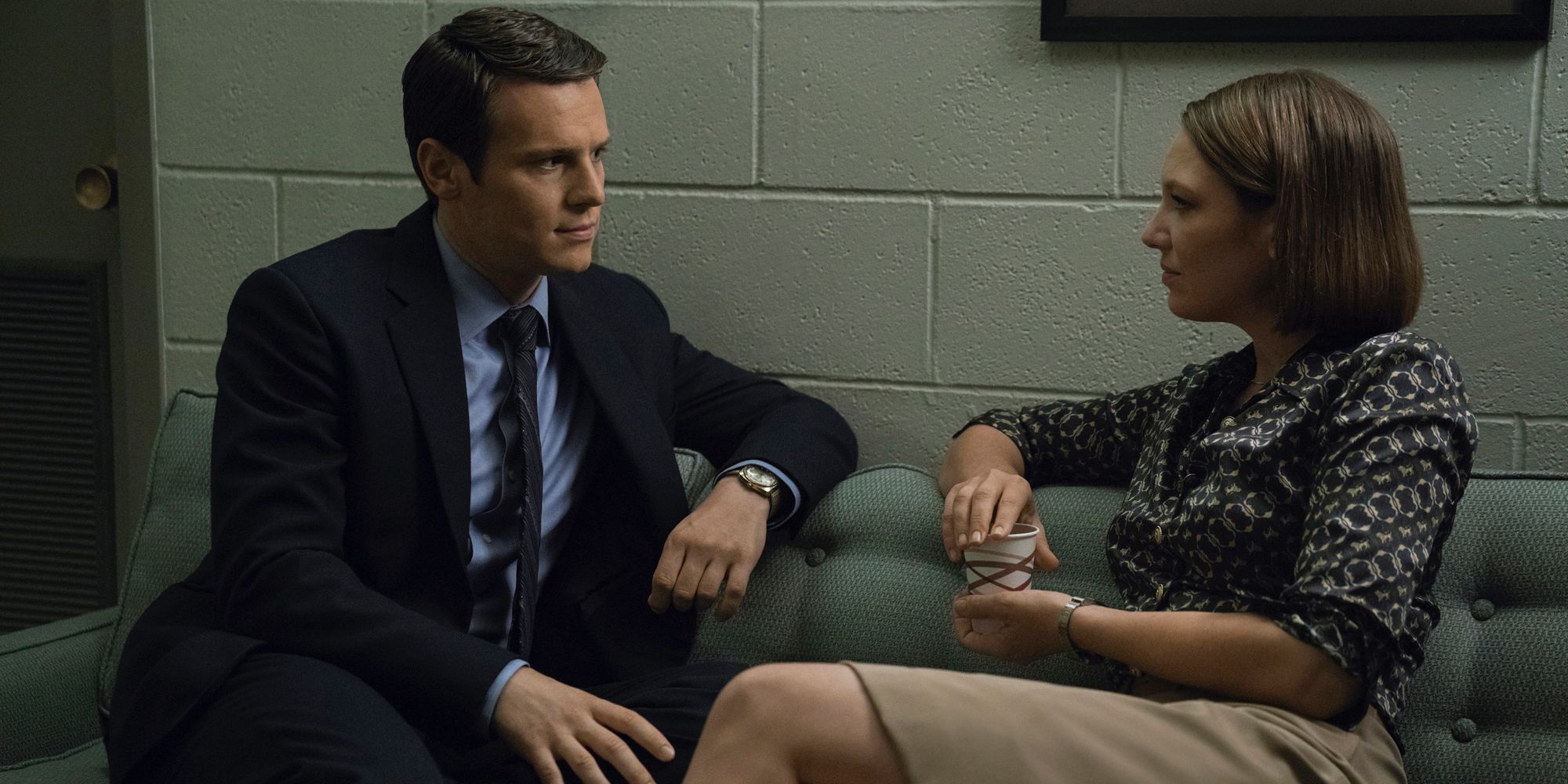
Both come into play soon enough, as Ford and Tench are dispatched to Atlanta and once again find themselves dealing with a system that’s unready or unwilling to hear what they have to say. Where the season excels, then, is in how it examines the interpersonal blowback the agents face. That’s particularly true of Tench, who’s life is turned upside down about midway through the season, as his profession bleeds into his home life. Dr. Carr, too, is afforded greater screen time which shows the series’ attempts at obtaining a deeper understanding of her marginalized status within an already marginalized group in the male-dominated world of the late ‘70s FBI.
It all contributes to making Mindhunter a particular kind of entertainment. On one hand, it will continue to satisfy those fascinated by the darkness of killers, as David Berkowitz and Charles Manson make appearances, along with the return of Kemper. But like most of Fincher’s work involving such unsettling subject matter, it’s not salacious in the same way something like, say, Criminal Minds is. Instead, the series feeds more on the idea that knowledge and understanding of the human condition — in all its sometimes horrific glory — is what’s truly fascinating.
Mindhunter season 2 is currently streaming on Netflix.
